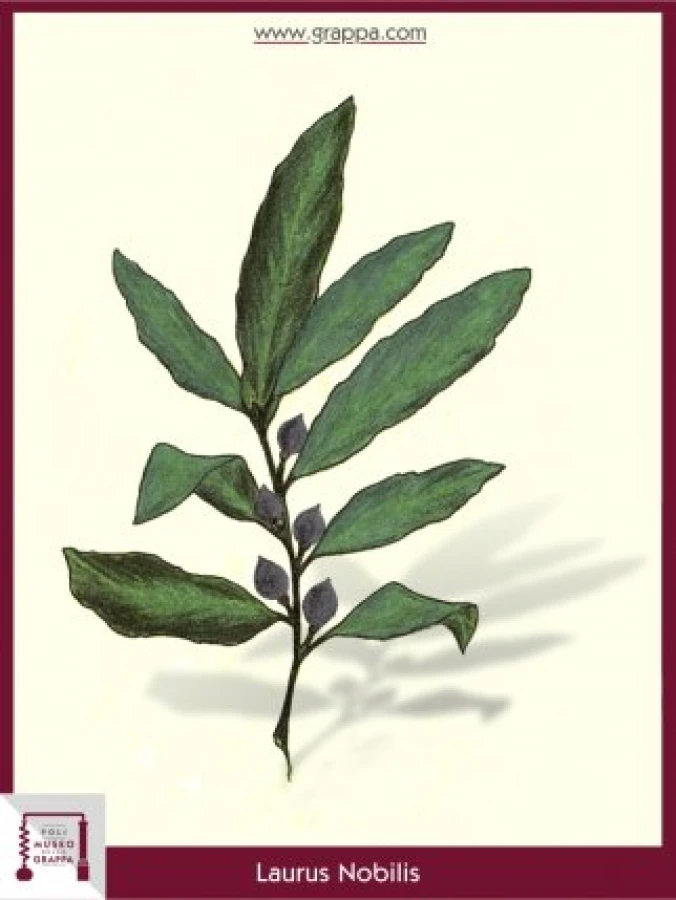The laurino
Bay laurel
The laurino
Plant:
Bay laurel
Plant Part:
berry
Plant Properties:
aromatic, astringent, digestive, antireumatiche, stimulates gastric juice production, relieving flatulence, expectorant, stimulating, tonic, nerve-strengthening, antiseptic, febrifugal, hemostatic, balsamic, exciting
Description:
Ovid told in his Metamorphoses of a nymph named Daphne, who, while being hunted by Apollo on the slopes of the Parnass massif to escape his amorous desires, called the help of the gods that immediately turned her into laurels.
Since then the plant was sacred to Apollo, so that the God was often depicted with a braided crown of laurel leaves in the head. This was the symbol of glory and triumph that was entirely adopted by the Roman tradition: it is known that all the Roman emperors were presented with branches and laurel leaves, when they returned from their military campaigns as victors.
Not to be neglected are the medicinal properties of this plant, also known since ancient times so that Hippocrates prescribed the oil of laurel berries against painful muscle contractions.
The same berries also were part of Salem's famous remedy against stomach pains.
A good liquor, coming from the region of Romagna, is the Laurino.
Ingredients:
- 250 g ripe fruits of laurel
- 1 liter of Grappa
- 200 g sugar
- 4-5 leaves of laurel
Preparation:
For preparing the Laurino you need 250 g of ripe fruits, 1 liter of Grappa, 200 g of sugar dissolved in some water and 4-5 leaves of laurel.
Let the ingredients in the Grappa for one month and after a filtration leave the preperation to age for six months. It is a digestive liquor, clear and delicate, violet and with a very pleasant taste.


